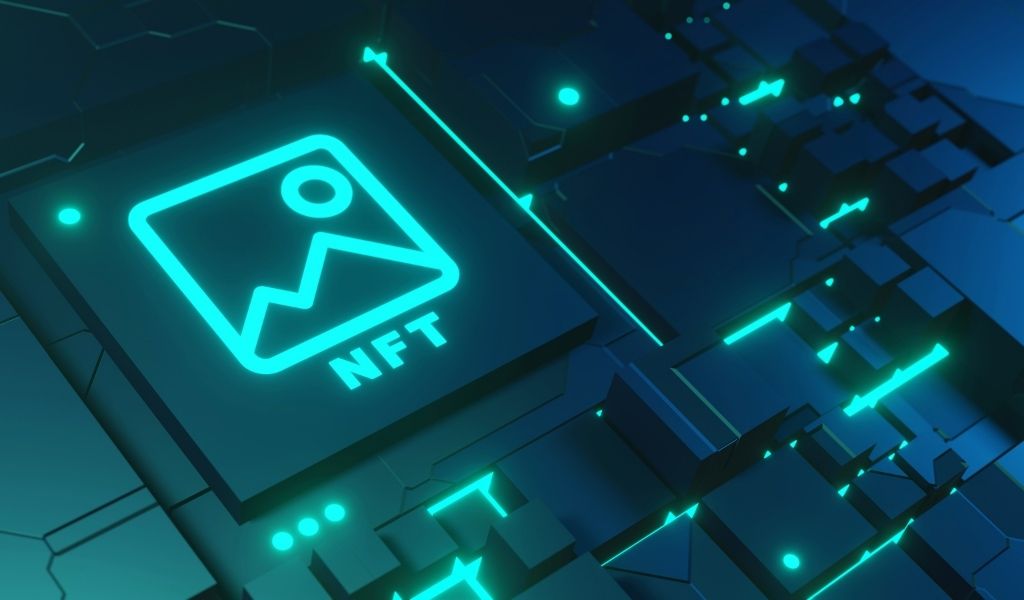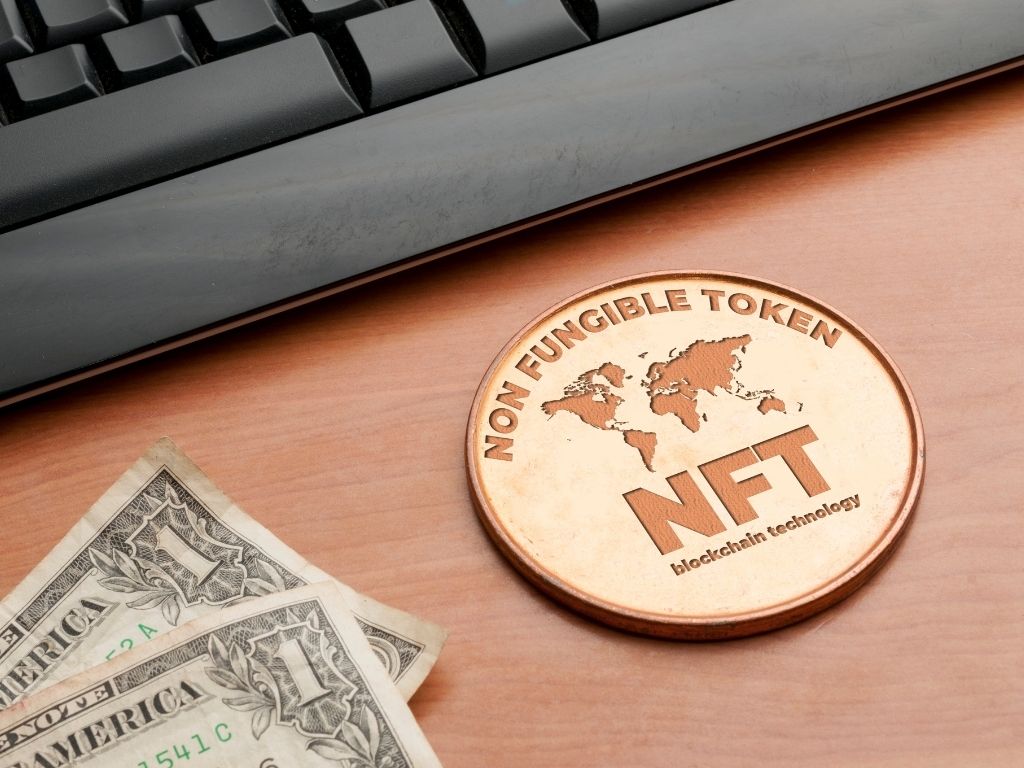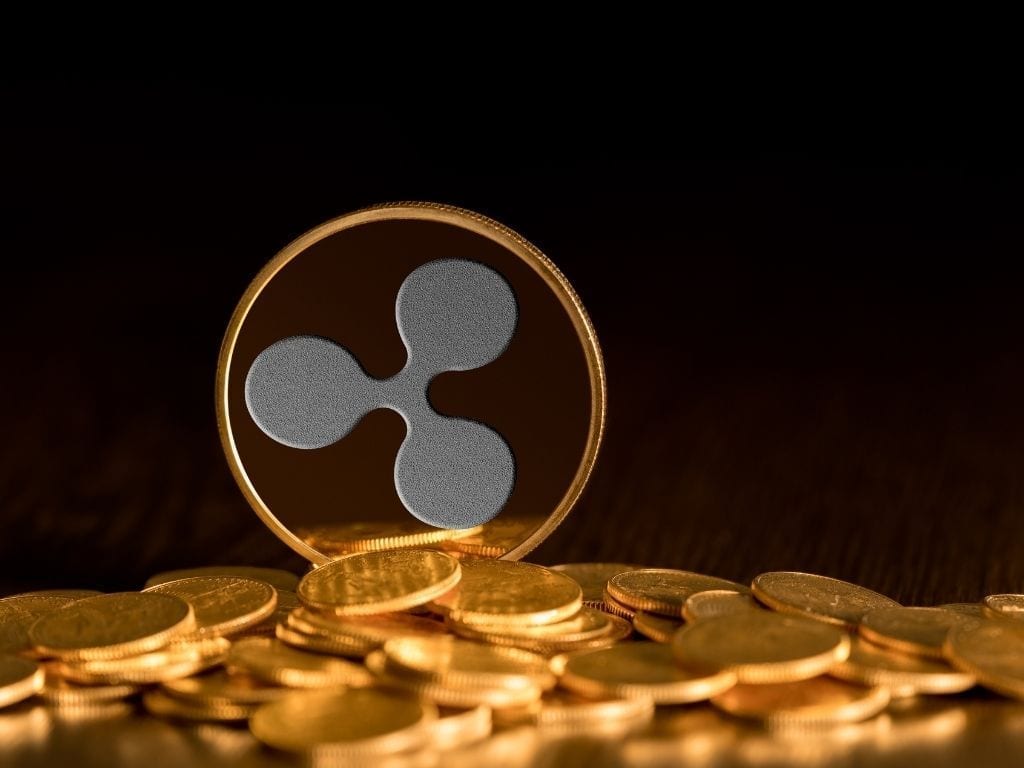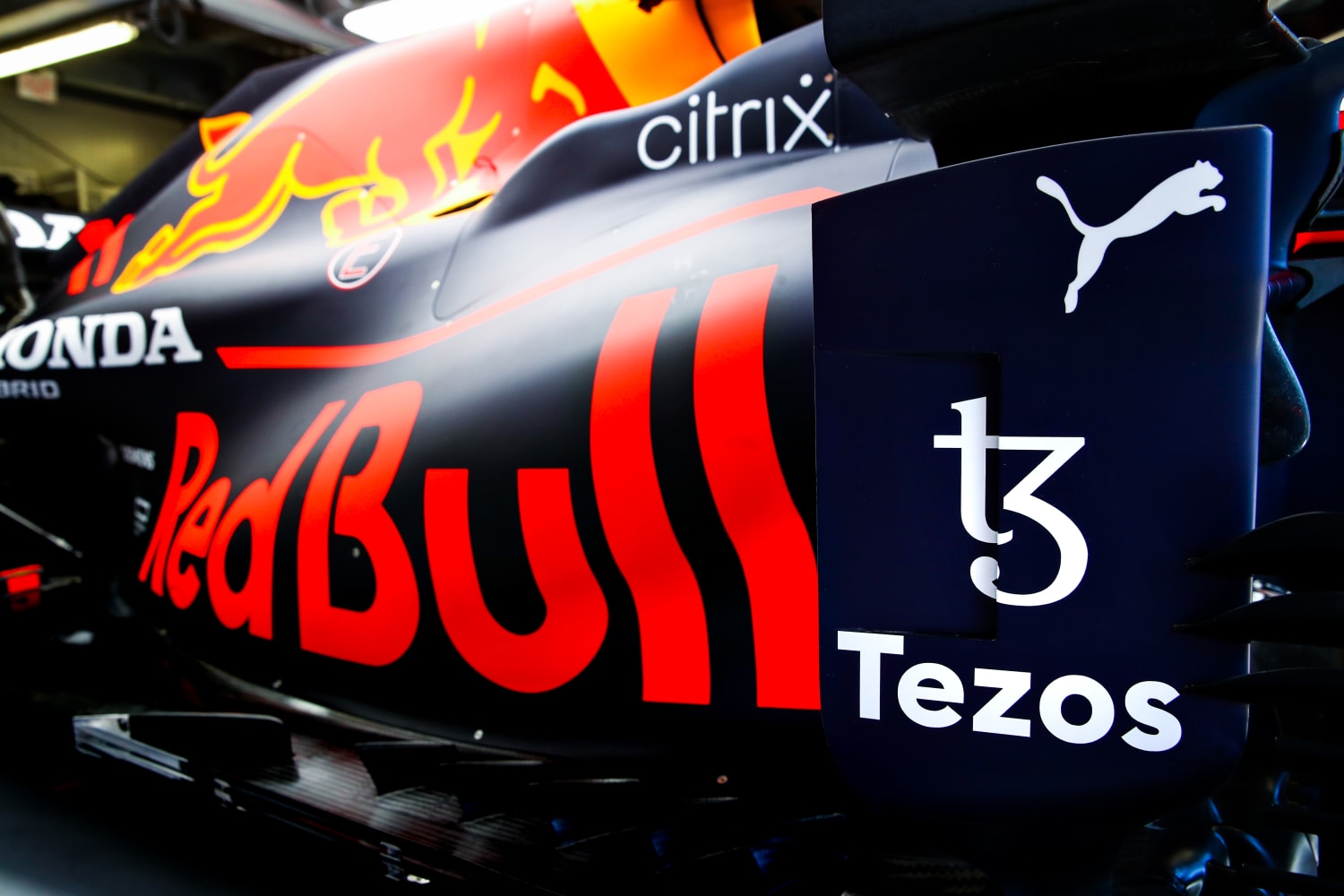What Are NFTs To Christos Makridis, COO Of Living Opera ?
A DAO emphasizing opera employs NFTs to give new funding alternatives for classical singers outside the limited legacy institutions.
Use cases for Web3 integration in the music business range from blockchain-based streaming to novel sorts of digital releases. Song rights are an example of the possible use of this link. Pop, electronic dance music, and hip hop are genres of music that have thus far been represented by non-fungible tokens (NFTs) in the music industry. On the contrary, classical music and opera, in particular, have just lately debuted.
The Web3 community Living Opera combines classical music with blockchain technology. The community is turning to developing technology to provide a new voice to the revered art form and its performers.
According to Soula Parassidis, CEO of Living Opera, the premiere Magic Mozart NFT collection is a means of merging the cutting-edge world of finance with the time-honoured world of classical music. According to Parassidis’ explanation, these NFTs are a nod to the concept of “musikalisches würfelspiele,” a dice game that enables players to create music randomly from a pool of precomposed options. This artwork has been associated with Mozart and is regarded as one of the first examples of generative art.
In the example of Grimes’ $5.8 million digital asset effort, NFTs have been used by artists as a method of earning more revenue and offering fan incentives. According to a poll by the National Endowment for the Arts, the number of American adults attending at least one opera performance a year has declined from 3.2 per cent in 2002 to 2.2 per cent in 2017. This is a substantial decrease from the prior figure. This may be the beginning of a new life for classical music and a step toward ensuring its continued relevance for future generations.
Also read: What exactly is NFT Music? How to Purchase and Sell Them
This was exacerbated by the pandemic, which led to the closure of classical venues and opera houses worldwide. The Metropolitan Opera, widely regarded as one of the most famous opera houses in the world, reported a $25 million decline in revenue compared to the previous year in July 2021.
Christos Makridis, the chief operating officer of Living Opera, said that NFTs enable classical musicians and opera singers to avoid the conventional grant and endowment filing process.
Looking forward to @NFT_NYC! Our COO/CTO, Christos Makridis, will be speaking on the Future Track. #NFTLondon2022 #blockchain #NFTshttps://t.co/wmZcW8ASm7 via @NFT_NYC
— Living Opera (@living_opera) August 29, 2022
“Blockchain-based digital assets reduce traditional barriers, such as proposals and artist grants, among others,” allowing artists to communicate directly with funders and eliminating significant administrative expenditures. Makridis says non-fungible tokens offer artists access to previously unavailable “short-term liquidity.”Some classical artists have experimented with their own NFTs, including the New Zealand composer Matthew Thomas Soong and the American composer poser Cristina Spinei.
In the year 2021, the Dallas Symphony Orchestra was one of the early pioneers in the area of classical music NFTs. The orchestra distributed NFTs as part of a fundraising drive for musicians whose Metropolitan Opera wages were delayed due to the outbreak. The DAO-like structure of Living Opera allows micro-philanthropy for the participating artists and the projects they are working on. According to Parassidis, non-financial transactions are a driver of the socio-cultural revolution. He underlined the unique character of such innovation in a largely traditional industry setting.
Makridis state, “They may be used as a vehicle to draw attention to voices, creative forms, and topics that need wider awareness.” They have the potential to be highly powerful. Parassidis and Makridis feel this technology can excite newer generations about the art form and give options for engagement to long-time admirers.
Stay informed with daily updates from Blockchain Magazine on Google News. Click here to follow us and mark as favorite: [Blockchain Magazine on Google News].
Get Blockchain Insights In Inbox
Stay ahead of the curve with expert analysis and market updates.
latest from tech
Disclaimer: Any post shared by a third-party agency are sponsored and Blockchain Magazine has no views on any such posts. The views and opinions expressed in this post are those of the clients and do not necessarily reflect the official policy or position of Blockchain Magazine. The information provided in this post is for informational purposes only and should not be considered as financial, investment, or professional advice. Blockchain Magazine does not endorse or promote any specific products, services, or companies mentioned in this posts. Readers are encouraged to conduct their own research and consult with a qualified professional before making any financial decisions. The featured image used is just a creative depiction of the title and it does not intend to hurt sentiments of any person or institution. If it hurts anyone sentiments, please do not hesitate to reach out to Blockchain Magazine.

 Bitcoin
Bitcoin  Ethereum
Ethereum  XRP
XRP  Tether
Tether  Solana
Solana  Dogecoin
Dogecoin  USDC
USDC  Cardano
Cardano  Lido Staked Ether
Lido Staked Ether  TRON
TRON  Chainlink
Chainlink  Avalanche
Avalanche  Wrapped stETH
Wrapped stETH  Stellar
Stellar  Wrapped Bitcoin
Wrapped Bitcoin  Sui
Sui  Hedera
Hedera  Toncoin
Toncoin  Shiba Inu
Shiba Inu  WETH
WETH  Polkadot
Polkadot  Parkcoin
Parkcoin  LEO Token
LEO Token  Litecoin
Litecoin  Bitget Token
Bitget Token  Bitcoin Cash
Bitcoin Cash  Uniswap
Uniswap  Official Trump
Official Trump  Hyperliquid
Hyperliquid  Wrapped eETH
Wrapped eETH  Pepe
Pepe  USDS
USDS  NEAR Protocol
NEAR Protocol  Ethena USDe
Ethena USDe  Aave
Aave  Aptos
Aptos  Internet Computer
Internet Computer  Ondo
Ondo  WhiteBIT Coin
WhiteBIT Coin  Ethereum Classic
Ethereum Classic  POL (ex-MATIC)
POL (ex-MATIC)  Monero
Monero  Algorand
Algorand  Cronos
Cronos  OKB
OKB  Mantle
Mantle  Dai
Dai  Render
Render 




